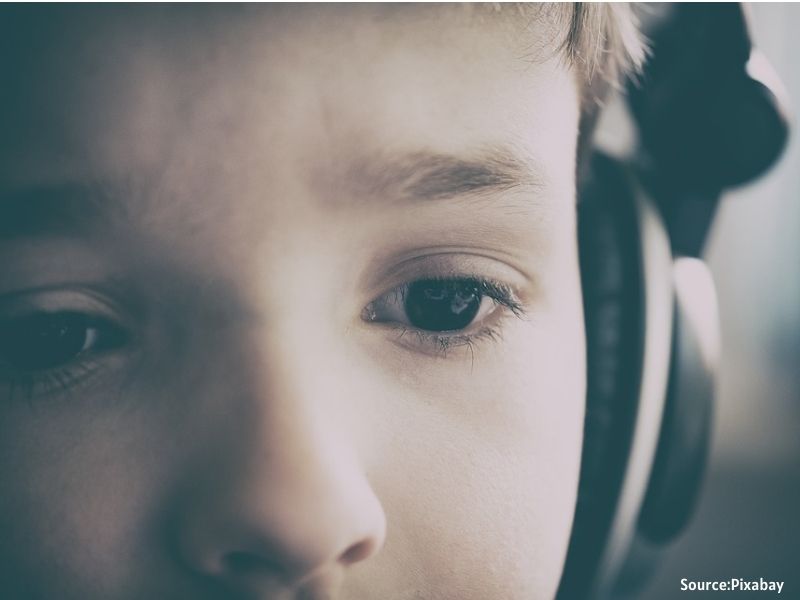
Child and teen suicides are increasingly hitting headlines in newspaper dailies and national magazines. Concern, consternation and distress have been the response of right thinking people. Are these one-off incidents sensationalised by the media or is this trend truly reflective of the malady of our times?
Disaggregated data from epidemiological research clearly demonstrates that the average age of non-fatal attempts and fatal suicides has been reducing over successive generations. Thus, this phenomenon is not merely a matter of media hype. It’s a deeply serious issue that calls for the attention of all people who have anything to do with children.
There is a group of children in whom self harming behaviour occurs in the background of diagnosable psychiatric disorders. However, psychiatric illness is not the focus of this article nor is it the primary cause of self-destructive behaviour in children. Psychological enquiry into causation of young suicides has provided clear information about contextual provocations. Not surprisingly most causes are very simply, human. The major triggers are failure experiences (failure in exam, not performing according to parental or personal expectation, fear of reproach, loss of self-esteem), relationship problems (within the family or in the peer group), and fear of being discovered (engaging in socially disapproved acts).
These primary causative factors highlight the limitations of parental and school systems in addressing this problem. Parents’ relationship with children tends to be constructed around expectation, instruction and control and not on the basis of a culture of discourse. Thus, a child’s identity is reduced to that of a student. It’s as if the child has no other person-hood. If a child is a failure as a student, she is regarded a failure as a person.
Funny isn’t it? Nobody ever thinks of examinations as a joyous experience. There is always a sense of doom, disaster and finality around it, whereas examinations should be a celebration of learning. The crucial error is that achievement is valued over effort; process understanding is sacrificed at the altar of successful outcomes. Success is the new mantra, success in everything that children do. This growing intolerance to lack of success is the primary cause of despair and self harm.
However, only recently has the school’s role in mental health started to be recognised. This despite early school mental health programmes having been initiated as part of child guidance movements more than half a century ago. The school system does not look at mental health as being within its purview.
Therefore the question arises: What is the purpose of education? In my opinion education isn’t about merely teaching subject matter. It must involve provision of education for life. Given that contemporary society is characterised by conflicts at many levels, children are constantly exposed to this reality in life outside the classroom. Such exposure however is not processed, discoursed or debated for effective construction of knowledge. In a new liberal environment in which children are increasingly exploring, experiencing and experimenting, the dangers of inadequately processed information are manifold. Therefore in a school which prides itself on being a caring institution, animated discussions on personal and social experiences must be encouraged to generate better decision making options in conflict situations.
It’s important for the teachers’ community to appreciate that children are not an amorphous mass of humanity when they enter the school gate. They are individuals who come from their own unique universes, each with her own limitations and troubles. Recognising that a child in a class is troubled for whatever reason, calls for acknowledging her unique individuality and alert sensitivity on part of the teacher. This is not to say that parents need not develop this sensitivity. It’s just that a school system shouldn’t encourage the idea that validity of a person depends only on academic excellence.
Life skills education has been a buzzword for over a decade. It is increasingly being acknowledged that skills building programmes must be included in mainstream education. The World Health Organisation describes ten major life skills: decision making, problem solving, critical thinking, creative thinking, effective communication, interpersonal relationships, self awareness, empathy, managing emotions and coping with stress. These skills are required to deal with issues arising in different contexts such as gender, sexuality, relationships, performance pressure, peer pressure, abuse etc. The triangulation of life skills and contexts of operation is completed by pedagogies used in classroom settings. However teachers need to always remember that pedagogies are more effective when they are experiential rather than didactic.
(Dr. Shekhar Seshadri is professor of psychiatry, child and adolescent unit, NIMHANS, Bangalore)
Also read: 8 ways to discuss suicide with teens